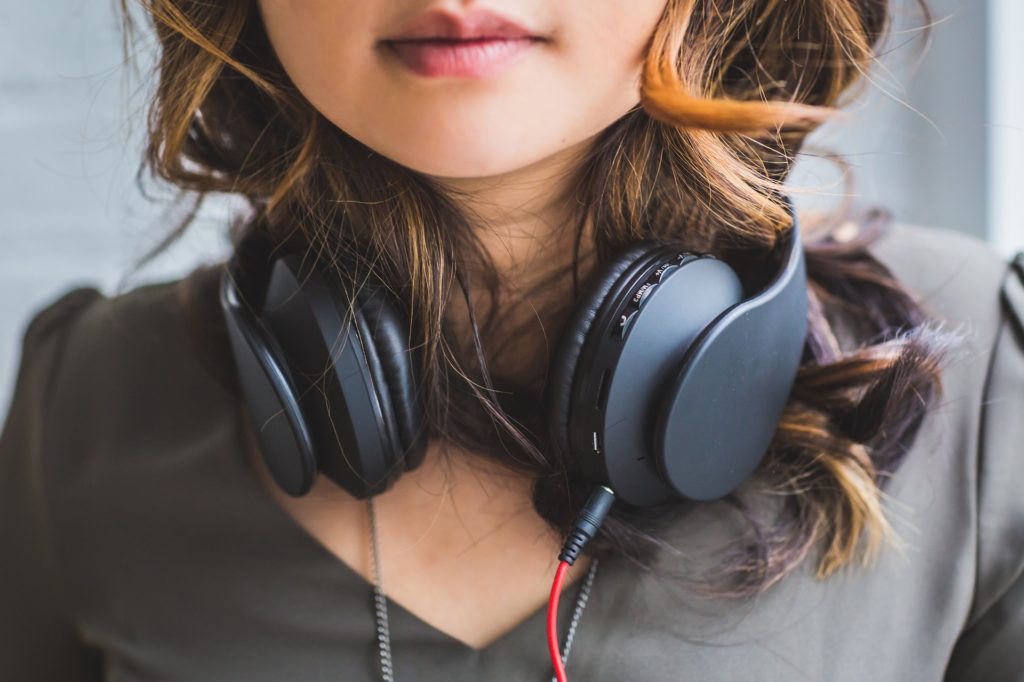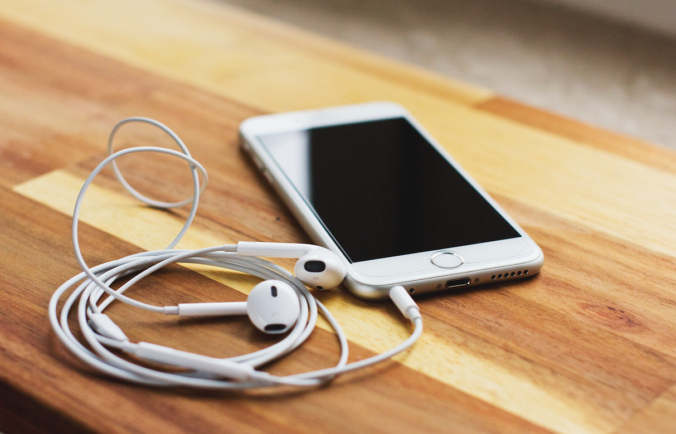Exposure to loud noises damages the auditory cells in the inner ear, and when it is prolonged over time, it can lead to progressive hearing loss. In this article, we present the data on the incidence of hearing loss in Europe, along with the World Health Organization’s guidelines for preventing this issue.
1 in 6 European citizens suffers hearing loss
A recent review of a study carried out on behalf of Hear-it revealed that 22.6 million people in the European Union experience untreated hearing loss of more than 35-40 dB, a level considered by the World Health Organization (WHO) as the indication of a hearing disability.
According to this study, disabling hearing loss costs the European Union 185 billion euros a year if we take into account the costs of the decline in quality of life and loss of productivity caused by this impairment. This is translated to an annual cost of up to 8,200 euros per person.This Europe-wide situation can be put into context with the data gathered on the population during the study: the most common cause of hearing issues is age-related hearing loss, which appears and worsens gradually as the population ages. This form of hearing loss is common in people over the age of 65, but has begun to affect an increasingly younger population, often beginning between the ages of 40 and 50.
The research results conclude that noise is one of the main causes of this loss and makes a distinction between background noise and excessive noise in the workplace. In a previous article, we explained some of the possible consequences of exposure to noise in the workplace. Therefore, in this article, we will focus on background noise and noise levels outside of the workplace or during leisure activities and the damage they can cause to hearing.
Noise: one of the biggest threats to our hearing
Prolonged exposure to high levels of noise can lead to irreversible hearing loss, which begins with an inability to hear high-frequency sounds. As the hearing deteriorates, it gradually causes issues with medium and low frequency noises. Therefore, exposure to the sources of these sounds must be reduced.

Guidelines state that any noise over 75 dB is potentially harmful to the hearing and that the maximum threshold for avoiding any risk of damage during the 8-hour working day is 85 dB. This noise damages the stereocilia, which are the cells that capture and transmit sounds to the brain. This noise-induced hearing loss is sensorineural.
Noise can be emitted from different sources and the damage it causes is classed according to how long a person is exposed to it:
- Acute acoustic trauma: this is produced by a sudden noise such as a firework.
- Chronic acoustic trauma: this develops gradually as a result of prolonged exposure to loud noise.
Noise-induced hearing loss: who is most vulnerable?
People between the ages of 12 and 35 are the most vulnerable to damaging noise pollution as their leisure activities are more likely to involve high volumes of noise. Younger people are exposed to noise levels that exceed the WHO guidelines on a daily basis:
- Gymnasiums and sports centres: music tends to be played at volumes above 85 dB.
- Traffic: noise levels in a traffic jam can exceed 75 dB, ambulance sirens reach 120 db and the music played on a car radio on the motorway can easily reach 125 dB.
- Bars, festivals and nightclubs: here, the music can easily reach 100-120 dB.
- Portable music devices: music is often played at levels between 75-136 dB.

WHO recommendations on hearing health
The World Health Organization (WHO) states that 50% of hearing loss cases could be prevented by following simple guidelines such as limiting the use of audio devices and simply turning down the volume. The current recommendation is to follow the 60/60 rule: no more than an hour’s use daily at 60% of the device’s maximum volume. To achieve this, the WHO has partnered with the International Telecommunication Union (ITU) to promote the implementation of an international safety standard to guarantee the maximum recommended volume on listening devices.
Everyone is responsible for their own hearing health, and small gestures such as avoiding standing close to loudspeakers at nightclubs and concerts or using earplugs at sports events can help to protect our auditory system.
Annual hearing check-ups play a vital role in the prevention and early detection of hearing issues, and the hearing specialist can offer help in treating any symptoms of hearing loss.
Are you exposed to loud noise levels on a daily basis? Would you like to share your experience with us? We would love to read your comments.

0 Comments
1 Pingback